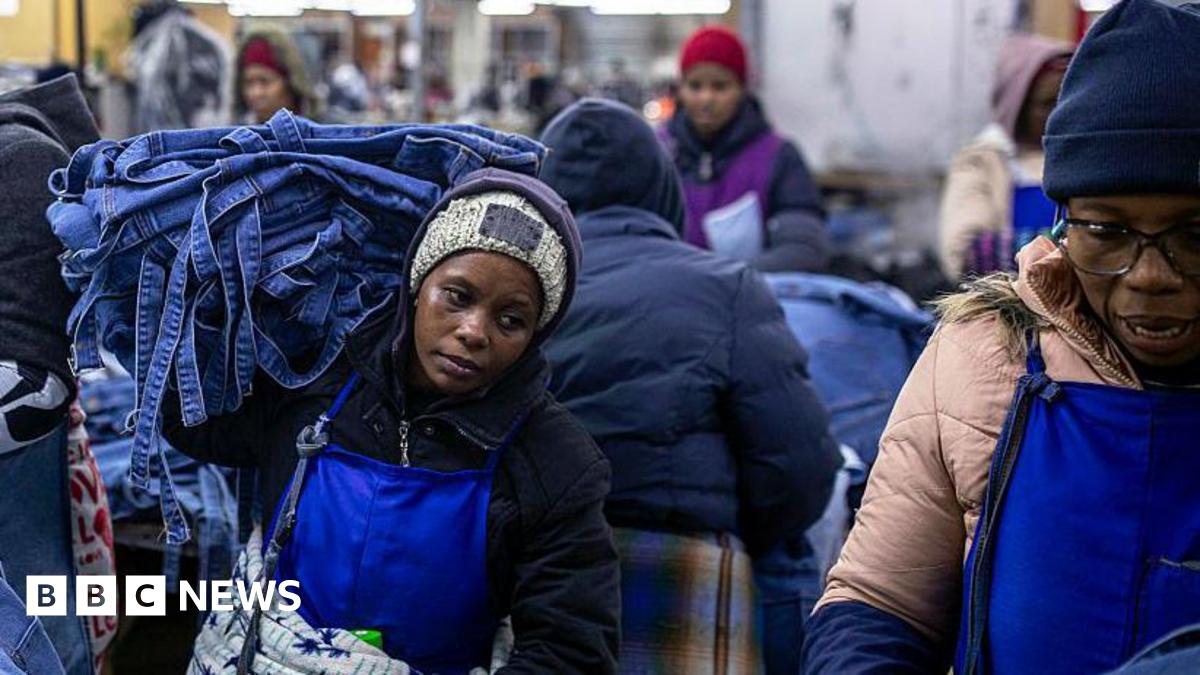The declaration, in line with the country’s Disaster Management Act, allows the state to “take all necessary measures to… minimise the effects of disasters” among others.
Officials in Lesotho – a country of just over two million people – say the move will allow the government to quickly divert funds to programmes aimed at getting young people into work and helping the economy to recover.
Several departments have already announced initial steps, including scrapping business registration fees for small and medium-sized start-ups.
The textile-dependent economy was already grappling with sky-high unemployment, especially among young people, before Trump slashed aid and raised trade barriers, according to an AFP report.
Lesotho was one of the biggest beneficiaries of the US’s African Growth and Opportunity Act (Agoa), which gives favourable trade access to some countries to promote their economic growth.
According to the US government, the two countries traded goods worth $240m (£187m) in 2024, mostly exports from Lesotho to the US, in particular textiles and clothing.
But that ended when Trump imposed a 10% tax on Lesotho, along with other nations, earlier this year. The additional 50% was suspended.
One of Trump’s aims with his tariff announcement is to reduce his country’s trade deficit with the rest of the world.
The government has warned it could lose up to 40,000 jobs if Agoa is not renewed at the end of September, according to AFP.
Lesotho’s Trade Minister Mokhethi Shelile told South African business news site Moneyweb last month that US buyers were “not placing orders because they don’t understand what is going to happen”.
The country was also hard-hit by the termination of the US Agency for International Development’s (USAID) programmes around the world.
Lesotho is among those countries that benefited from the US President’s Emergency Plan for Aids Relief (Pepfar), which was launched in 2003.
Critics say this crisis has been looming for well over a year.
Until March, Lesotho was under an eight-month state of disaster due to severe food insecurity.
At the time, Prime Minister Sam Matekane said around 700,000 Basotho were facing extreme hunger, worsened by prolonged drought.
